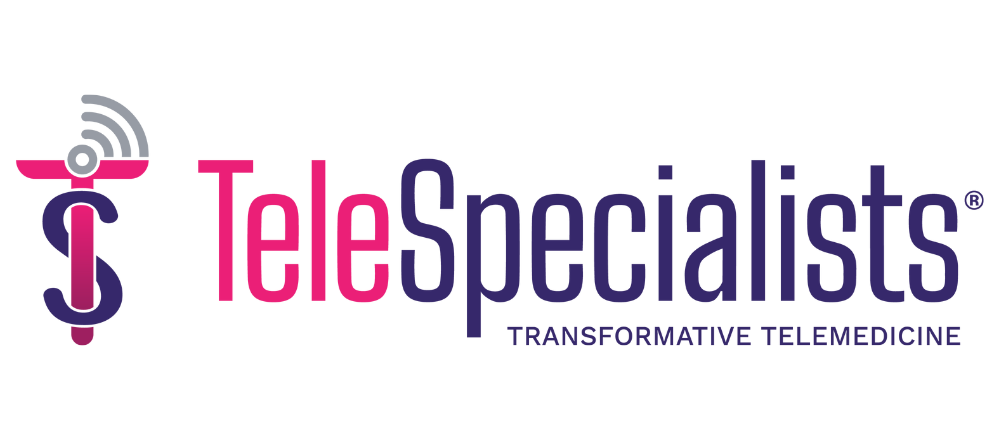
The Chan Zuckerberg Initiative, funded by the personal wealth of Facebook CEO Mark Zuckerberg and his wife Dr. Priscilla Chan, announced Thursday that it will provide 85 grants to support the Human Cell Atlas project whose aim is to map every type of cell in a healthy human body.
The funding totals $15 million over one year year and is being awarded to 83 principal investigators at 53 institutions in nine countries. The Human Cell Atlas is a global consortium of scientists who got together in London in 2016 to create an atlas that would provide deep and unprecedented insight into the cellular basis for health and disease. As the group’s website outlines:

What Are Healthcare Organizations Getting Wrong about Email Security?
A new report by Paubox calls for healthcare IT leaders to dispose of outdated assumptions about email security and address the challenges of evolving cybersecurity threats.
A complete Human Cell Atlas would give us a unique ID card for each cell type, a three-dimensional map of how cell types work together to form tissues, knowledge of how all body systems are connected, and insights into how changes in the map underlie health and disease. It would allow us to identify which genes associated with disease are active in our bodies and where, and analyze the regulatory mechanisms that govern the production of different cell types.
The effort is designed to be collaborative and the award from CZI is the result of a Request for Applications that the Initiative launched in July 2017. CZI was founded in December 2015 and has a three-pronged focus to boost basic science, overhaul education and improve social justice and opportunity.
Collaboration is a key tenet for CZI and that spirit is also part of the HCA project. The grantees will be able to collaborate not only with one another but with CZI’s scientists and software engineers. The goal is to develop open computational tools, algorithms and other tools to help researchers work with a large amount of molecular and imaging data that will be generated.
Some of the institutions involved in the Human Cell Atlas project are the Broad Institute of MIT and Harvard, Dana-Farber Cancer Institute, Massachusetts General Hospital, Stanford University, University of Edinburgh, University of Michigan, Helmholtz Zentrum München in Germany, University of Melbourne in Australia, EMBL-EBI (The European Bioinformatics Institute) and Weizmann Institute of Science in Israel and many others.
“I am thrilled to welcome this distinguished group of grantees to the CZI family, and I am excited about how they will support the ambitious Human Cell Atlas effort,” Dr. Chan, co-founder of CZI said in a news release. “Working together and with our team of scientists and engineers, these partners will create new ways for scientists to use information about healthy and diseased cells. Their efforts will help to accelerate progress toward our goal of curing, preventing, or managing all diseases by the end of the century.”
Details of each grant are available here.
CZI will not store any of the data being gathered as the project is governed by HCA that will make the data in the atlas publicly available to one and all. A white paper that the group published shows that the consortium is keenly aware of privacy concerns:
Because assembling the HCA will rely on emerging technologies such as scRNA-Seq and multiplex spatial approaches, unprecedented amounts and new varieties of molecular data about individuals — supported by metadata to clarify data quality and provenance — will need to be shared. It will be necessary to continue to assess privacy risks to ensure that data sharing will not expose participants to undue re-identification risks and harmful disclosure or misuse of sensitive health information.
CZI’s funding to boost research in the field of medicine is one more example of how tech entrepreneurs and companies are seeking to create a lasting impact in understanding human health and what causes disease. Another effort underway is Project Baseline although that is more of a study led by Verily Life Sciences, a subsidiary of Alphabet (which also owns Google), Duke University School of Medicine, Stanford Medicine and Google. The goal is to get 10,000 participants over four years of diverse medical backgrounds and histories to begin to create a map of human health. Each participant will take part in four in-person health tests, annually, test new wearable devices and maintain diaries about their health and complete surveys.
Privacy for these participants is ensured by locking up participant data in a secure, encrypted system with restricted access, per the Project Baseline website.








